BGS awarded research grant to support potential offshore wind development in Iceland
BGS has been awarded the NERC-Arctic grant for a collaboration project with Iceland GeoSurvey.
13/05/2024 By BGS Press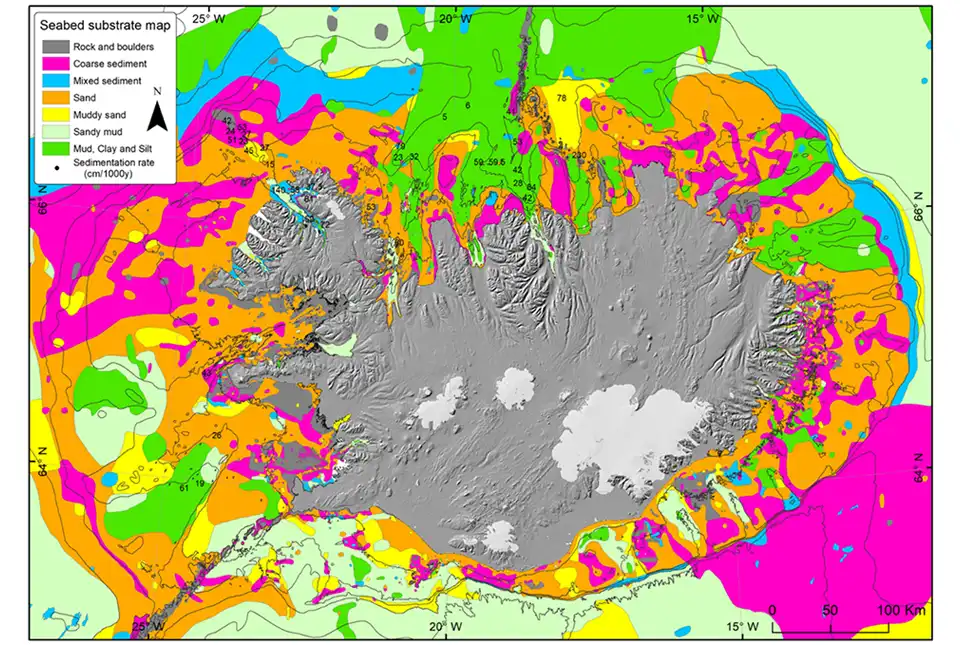
BGS and Iceland GeoSurvey (ÍSOR) will collaborate and share their knowledge on windfarm development to help drive the opportunity for offshore Icelandic renewable energy.
As part of the one-year project, there will be two field trips, one to Iceland in August 2024 and another to Scotland in September 2024. These trips will combine fieldwork and workshops focused on knowledge exchange, particularly on the process of geological ground-model development. They will highlight how geologists characterise the geology and outline potential geological constraints at the seabed, near the seabed surface, and in changing coastal domains.
As part of the Icelandic fieldwork, the BGS-ÍSOR partnership will be heading to Skeiðarársandur, the largest glacial outwash plain in the world. This site is an analogue for subsurface conditions expected in buried palaeo-landscapes found in the North Sea. Both countries have rugged coastlines with varying bedrock characteristics. Additionally, Iceland must account for geodynamic shifts due to tectonic plate movements and volcanic eruptions.
Upon project completion, the partnership will gain a deeper understanding of glacial systems, focusing on the range and distribution of sediments and bedrock properties resulting from the diverse coastal formations off the coast of Iceland compared to the UK. This insight will enable project partners to make more informed assessments regarding foundation designs for renewable energy infrastructure.
The NERC-Arctic grant and cooperation with the British Geological Survey is an exciting opportunity for Iceland to chart and access a completely new area of the renewable industry, as Iceland’s focus has been traditionally onshore in geothermal and hydropower production. This collaboration is the beginning of a better understanding of the opportunities and de-risking processes for offshore renewables in extreme environments for Iceland.
Anett Blischke, marine geoscientist at ÍSOR and the University of Iceland.
BGS and ÍSOR are part of the Geological Service for Europe (GSEU), aiming to create partnerships and knowledge exchange between countries on optimising offshore windfarm siting. The NERC-Arctic grant is an exciting example of gaining insights into subsurface variability through applied fieldwork, leading to further understanding on the potential impact on foundation design for offshore renewables in different geological settings.
Nicola Dakin, BGS Marine Geoscientist.
The Iceland Arctic Science Partnership scheme is an opportunity for researchers based in the United Kingdom and Iceland to make joint applications for bursaries ranging from £5000 to a maximum of £20 000 to support active participation in new partnerships.
Erlendsson, Ö, Blischke, A, Hjartarson, Á, Óðinsson, D Þ, and Vésteinsson, Á Þ. 2023. The Geological mapping of Iceland’s Insular Shelf and Adjacent Deep Ocean. EGU General Assembly 2023, EGU23-15536.
Erlendsson, Ö, Hjartarson, Á, Helgadóttir, G, Jónasson, J P, Ólafsdóttir, S H, and Burgos, J M. 2015. Botngerð og laus jarðlög á landgrunni Íslands. Abstract, Haustráðstefna Jarðfræðifélags Íslands 2015.
Thors, K. 1978. The seabed of the southern part of Faxaflói, Iceland. (Botngerð í sunnanverðum Faxaflóa). Jökull, 28, 42–52.
Relative topics
Related news

Goldilocks zones: ‘geological super regions’ set to drive annual £40 billion investment in jobs and economic growth
10/06/2025
Eight UK regions identified as ‘just right’ in terms of geological conditions to drive the country’s net zero energy ambitions.

BGS scientists join international expedition off the coast of New England
20/05/2025
Latest IODP research project investigates freshened water under the ocean floor.

New interactive map viewer reveals growing capacity and rare earth element content of UK wind farms
16/05/2025
BGS’s new tool highlights the development of wind energy installations over time, along with their magnet and rare earth content.
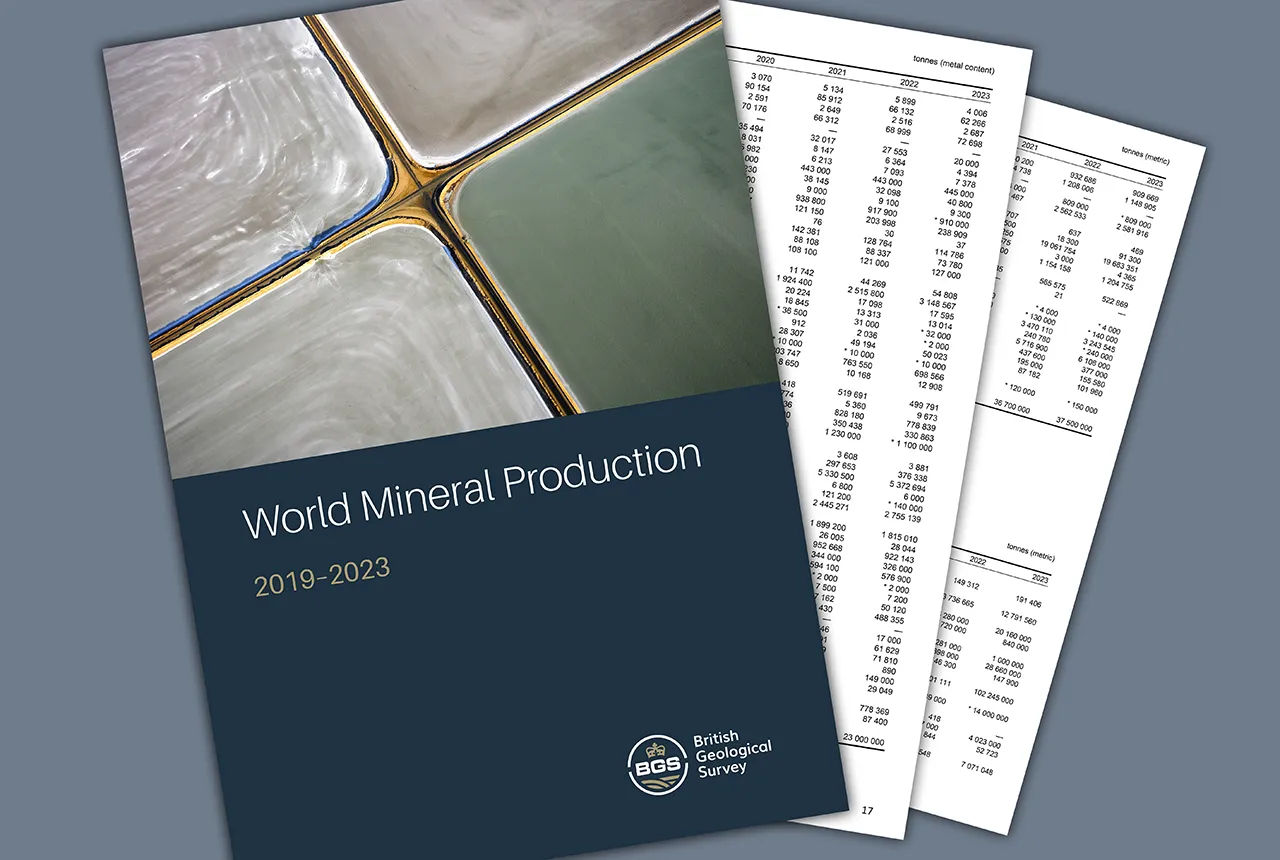
Latest mineral production statistics for 2019 to 2023 released
28/04/2025
More than 70 mineral commodities have been captured in the newly published volume of World Mineral Production.
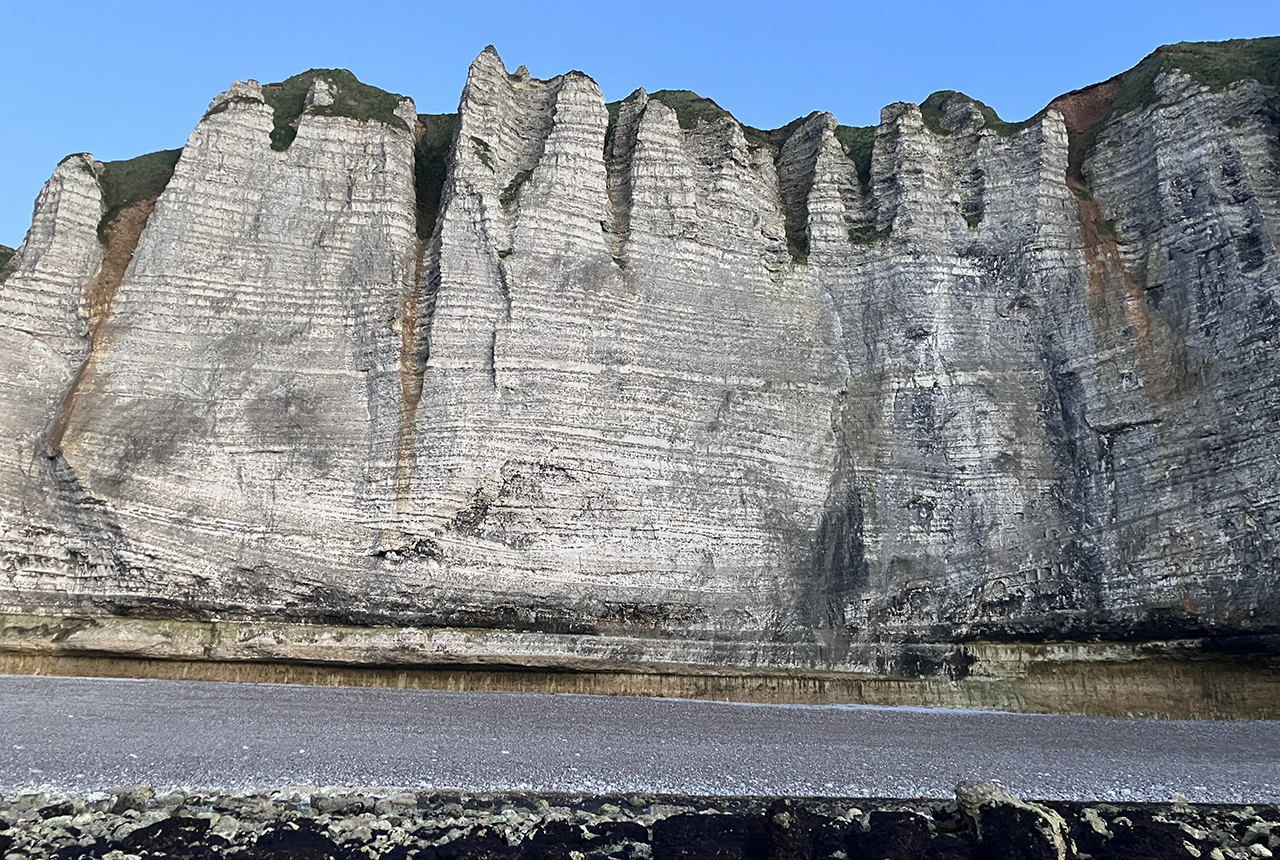
Geology sans frontières
24/04/2025
Geology doesn’t stop at international borders, so BGS is working with neighbouring geological surveys and research institutes to solve common problems with the geology they share.
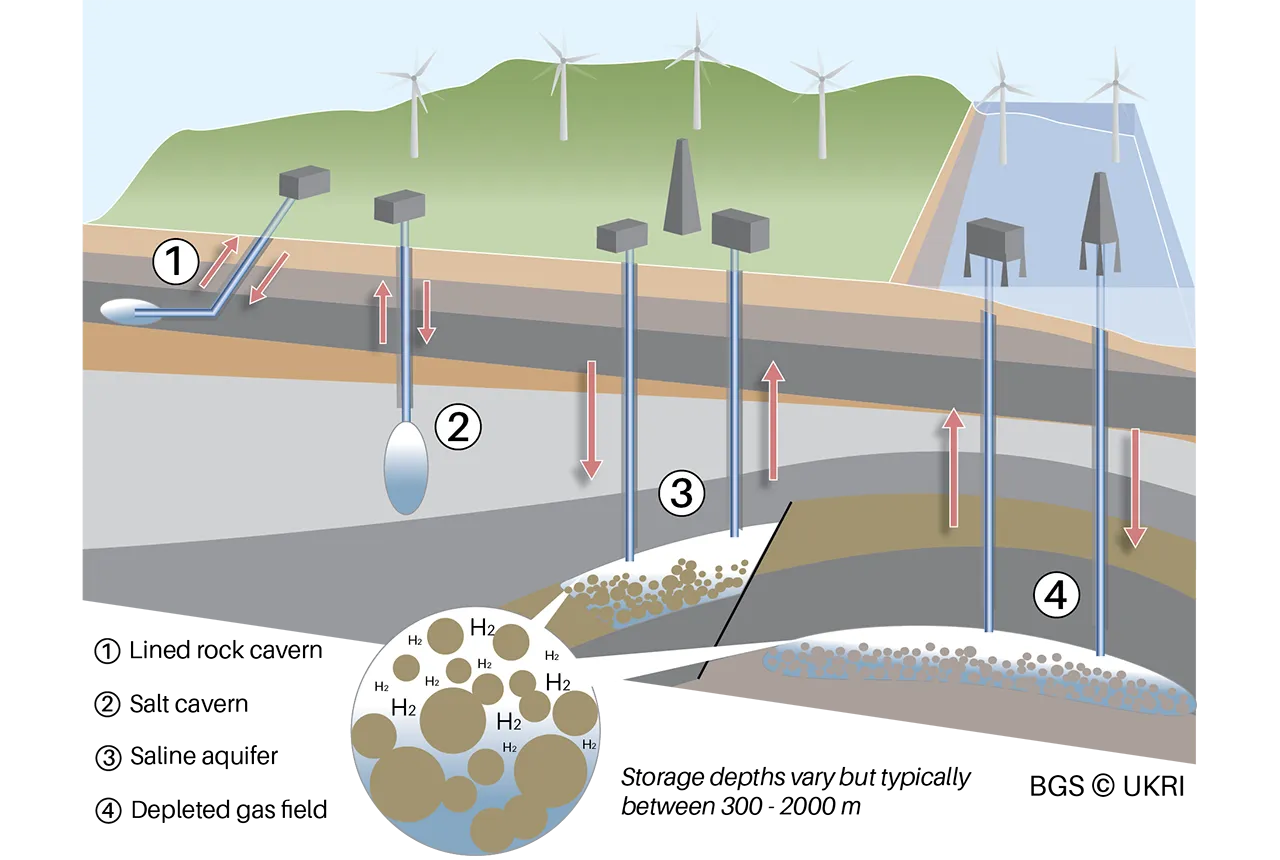
Making the case for underground hydrogen storage in the UK
03/04/2025
A new BGS science briefing note focuses on the potential of hydrogen storage to support the UK energy transition.
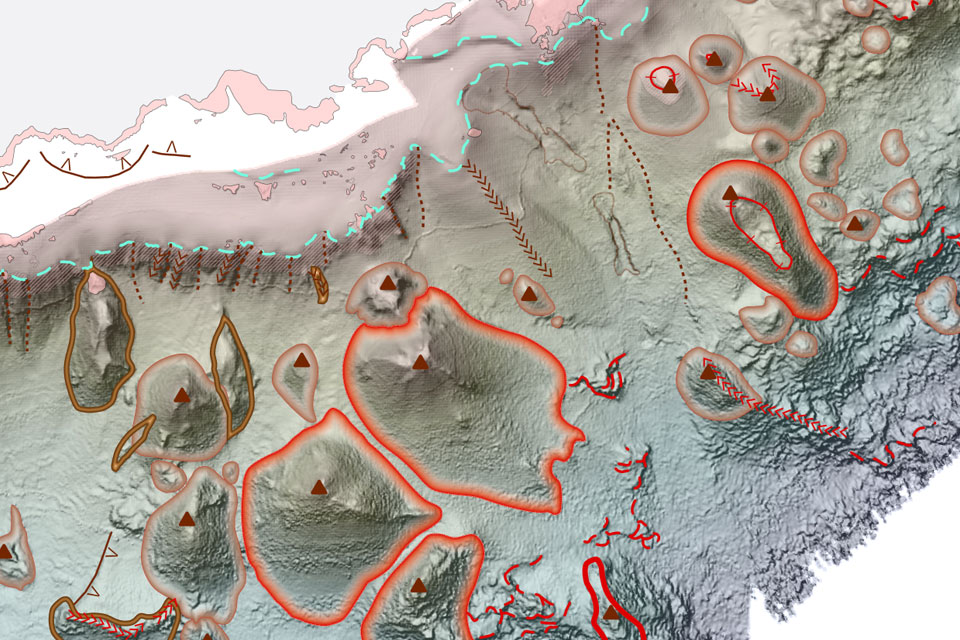
New seabed geology maps to enable long term conservation around Ascension Island
01/04/2025
BGS deliver the first marine geology and habitat maps for one of the world’s largest marine protected areas.
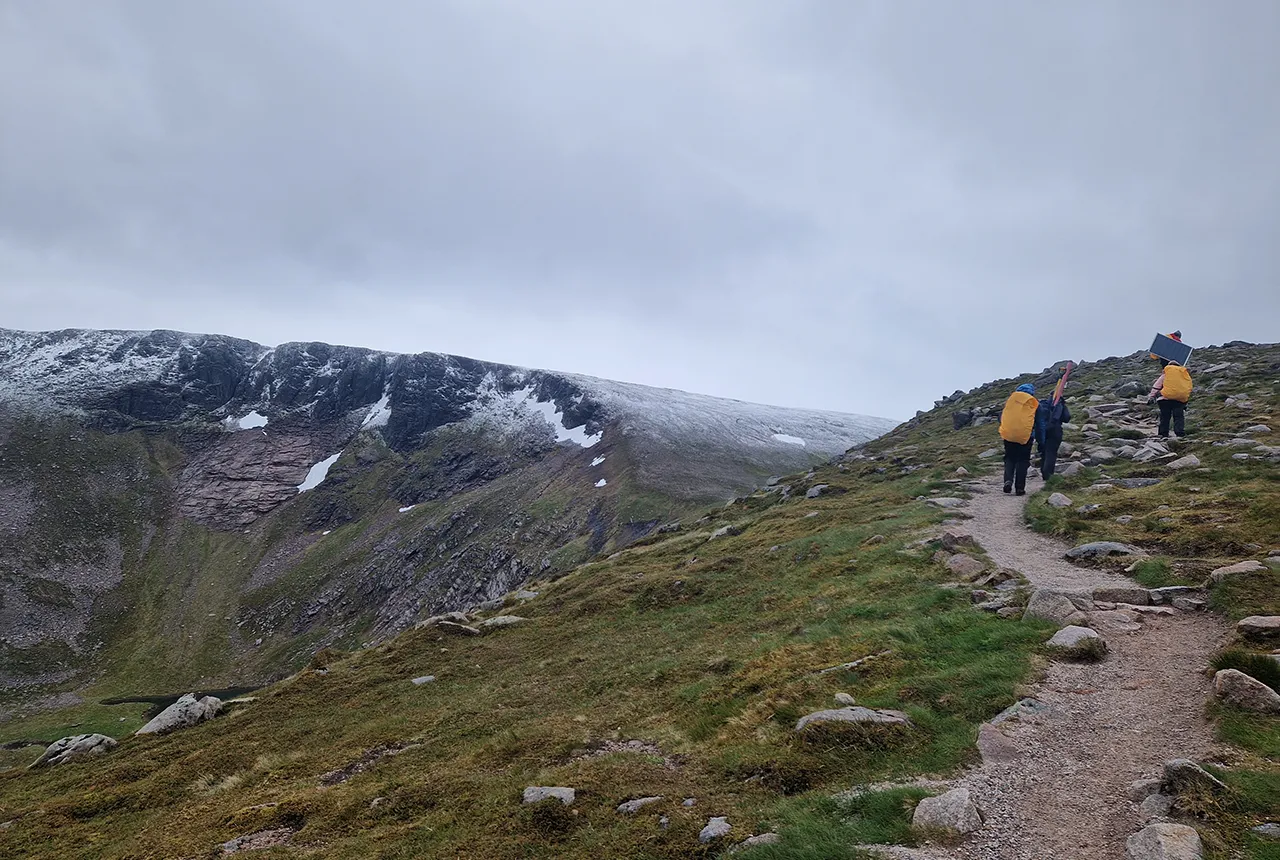
Exploring Scotland’s hidden energy potential with geology and geophysics: fieldwork in the Cairngorms
31/03/2025
BUFI student Innes Campbell discusses his research on Scotland’s radiothermal granites and how a fieldtrip with BGS helped further explore the subject.
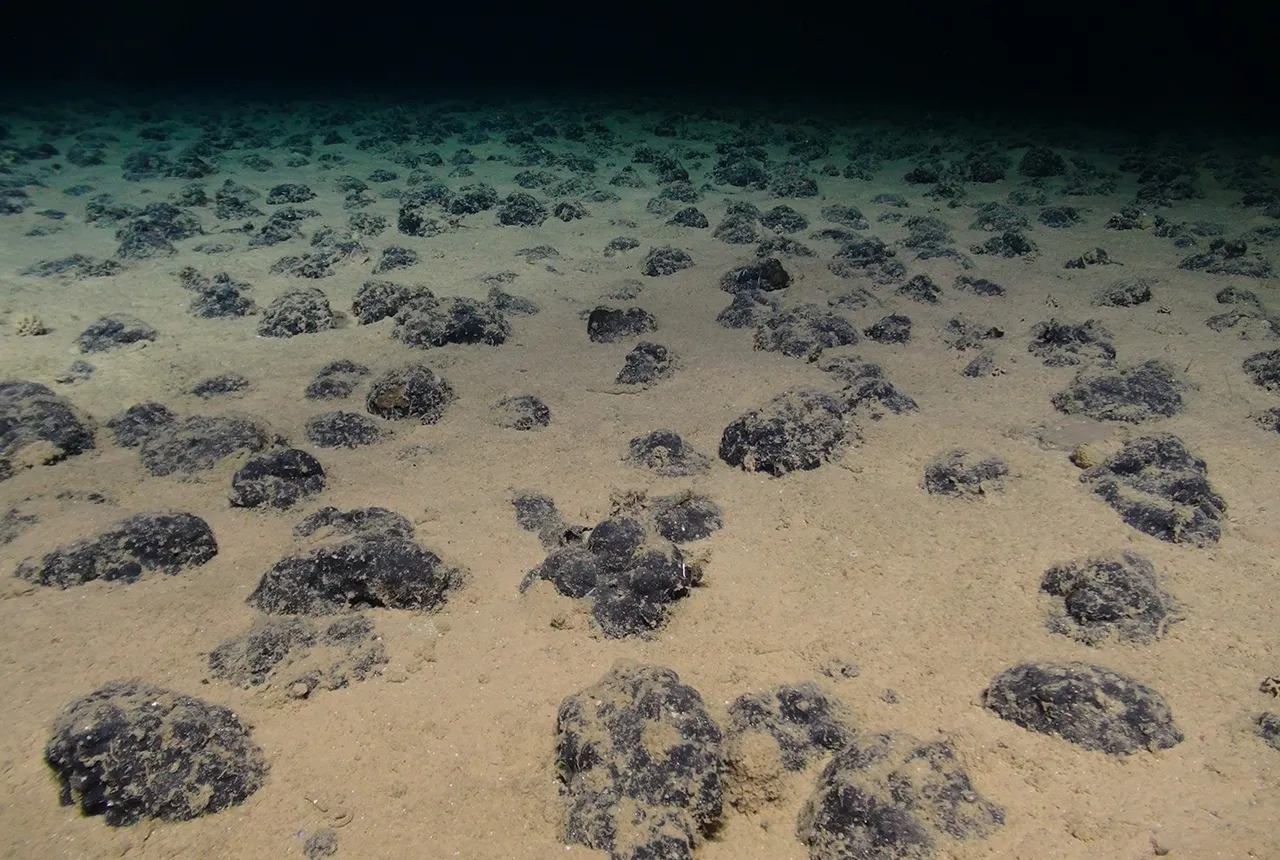
New study reveals long-term effects of deep-sea mining and first signs of biological recovery
27/03/2025
BGS geologists were involved in new study revealing the long-term effects of seabed mining tracks, 44 years after deep-sea trials in the Pacific Ocean.
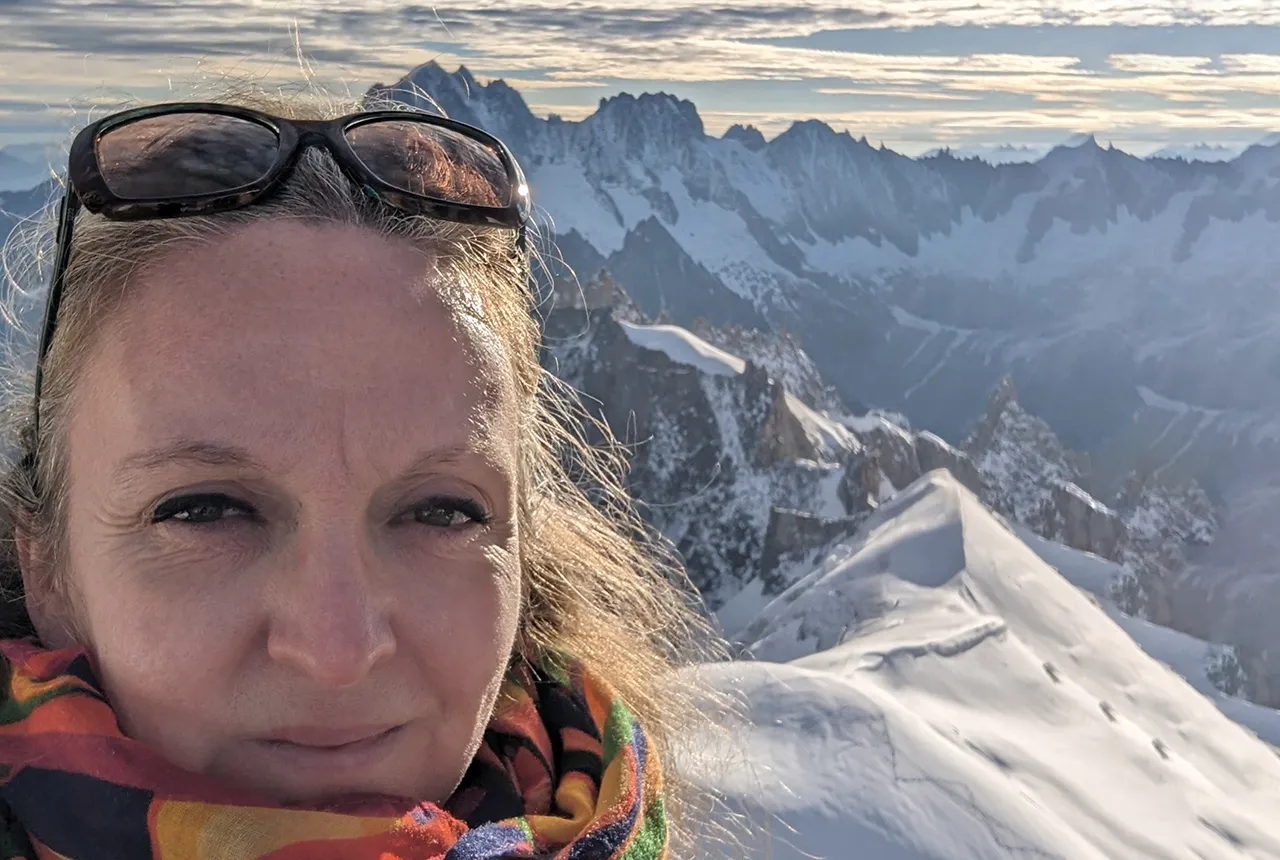
BGS announces new director of its international geoscience programme
17/03/2025
Experienced international development research leader joins the organisation.
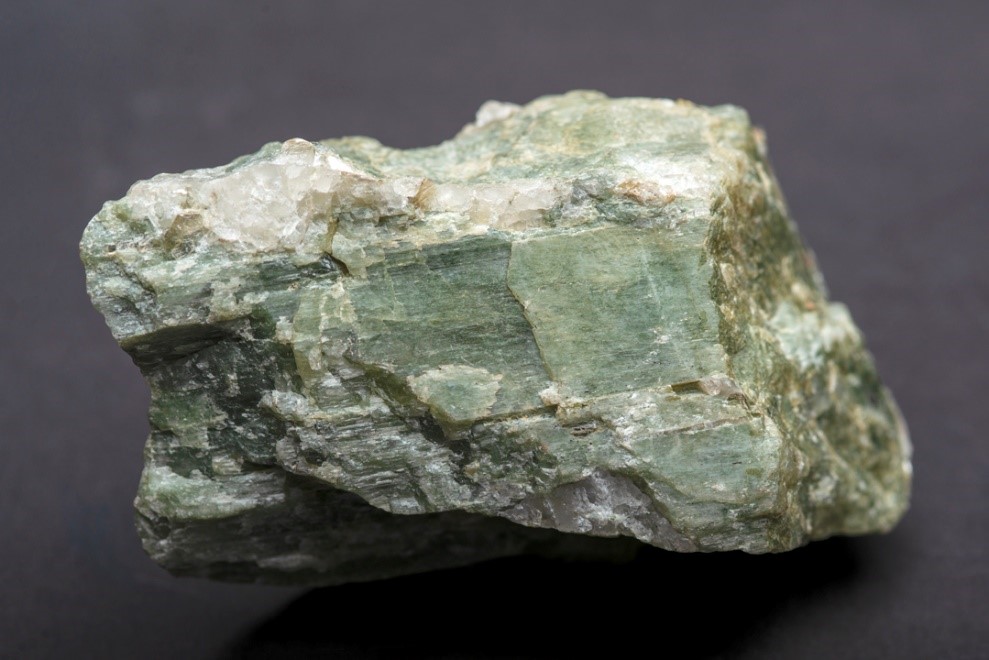
Future projections for mineral demand highlight vulnerabilities in UK supply chain
13/03/2025
New Government-commissioned studies reveal that the UK may require as much as 40 per cent of the global lithium supply to meet anticipated demand by 2030.
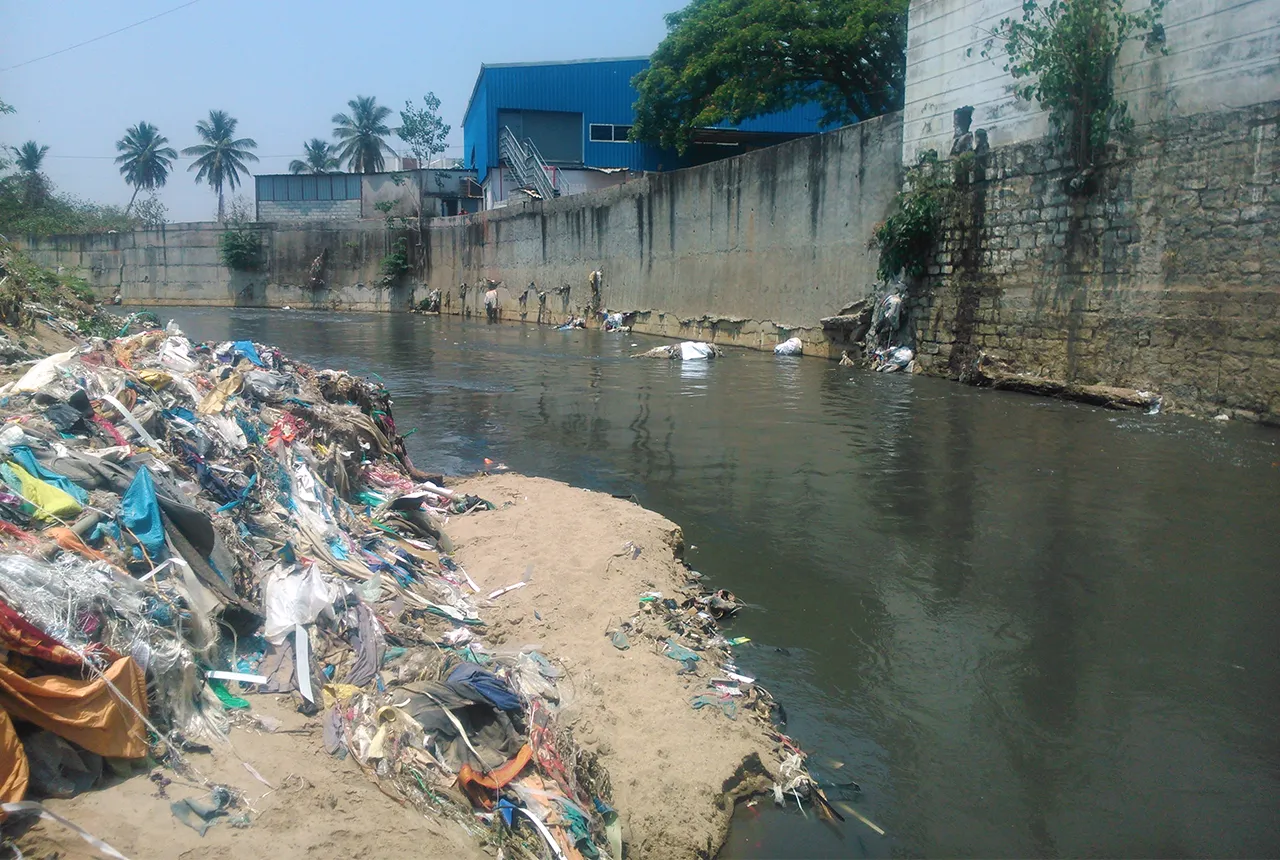
Presence of harmful chemicals found in water sources across southern Indian capital, study finds
10/03/2025
Research has revealed the urgent need for improved water quality in Bengaluru and other Indian cities.



